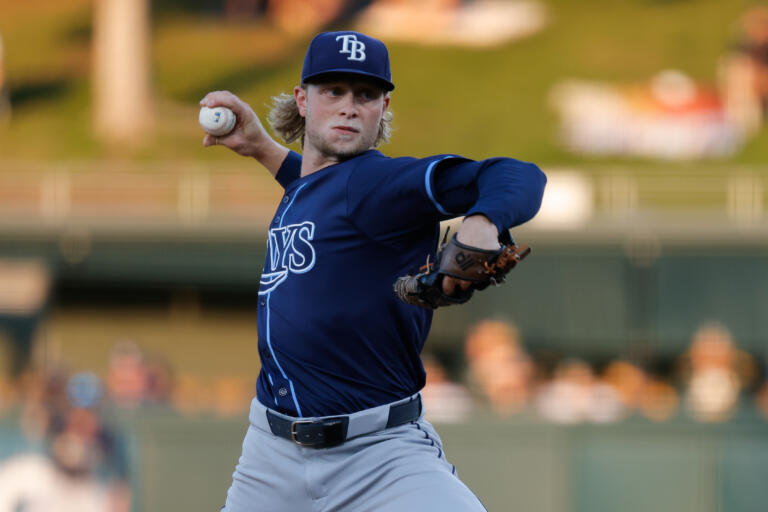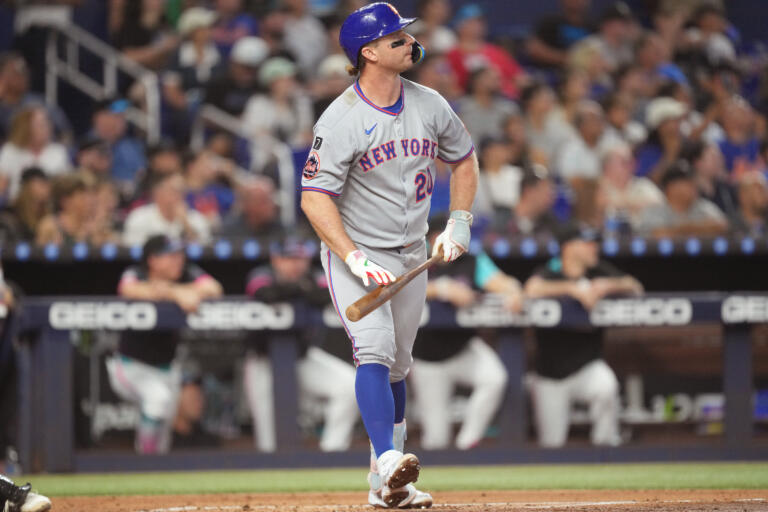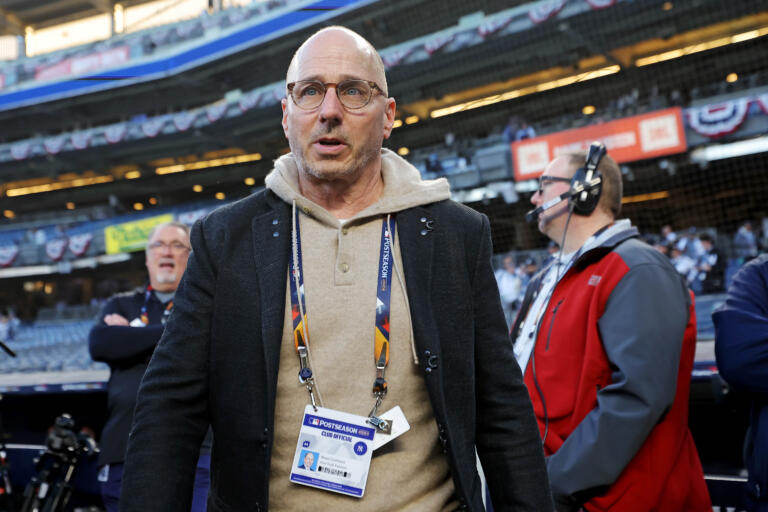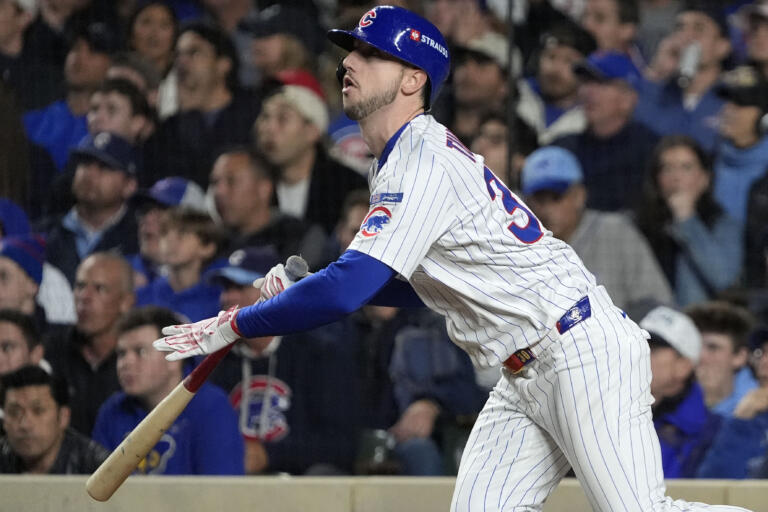Introduction
As the MLB arbitration deadline looms, the Minnesota Twins find themselves in a complex conundrum. With a modest payroll but a desire to ramp up their offensive prowess, the Twins are eyeing the trade market. Names like Juan Soto from the Padres and Pete Alonso from the Mets are buzzing around. However, snagging such heavy hitters could cost the Twins their rookie sensation, Matt Wallner. Is it a wise move to trade the future star for immediate offensive gratification?
The Arbitration Angle
The arbitration deadline is a ticking clock that pushes MLB teams to make pivotal decisions regarding their rosters. Players between three to six years of big-league service time fall into the arbitration category, nudging teams and players to negotiate salaries for the upcoming season. The process, although structured, leaves room for negotiations, sometimes leading to long-term extensions. But at the core, it’s a delicate dance of numbers and future prospects.
Weighing The Offensive Need
The Twins’ need for an offensive boost is clear. The idea of having Juan Soto or Pete Alonso swinging bats for the Twins is enticing. Their proven track records of sending baseballs soaring into the stands could provide the offensive adrenaline rush the Twins are craving. But every gain comes with a cost.
The Cost of Trade
Matt Wallner, the Twins’ rookie breakout star, is a shining beacon of the Twins’ future. Trading him could open doors to immediate offensive gains, yet it might leave a void in the long-term roster. Wallner’s potential is a precious commodity. The trade talks put the Twins in a precarious position – to hold onto a promising future or chase a robust offense now?
The Market Dynamics
The trade market is a turbulent sea of negotiations. Teams are gauging the worth of their players, both in the short term and long term. The Twins, like others, are in the midst of these swirling market dynamics, evaluating the potential return on trading top prospects.
Long-term Implications
Long-term extensions are sometimes born out of arbitration talks. The Twins could explore extending the contracts of their current roster, a move that might provide a stable ground for the team’s future while also addressing immediate needs.
Conclusion
As the arbitration deadline approaches, the Twins are on the precipice of making decisions that could shape the team’s trajectory for years to come. The allure of a bolstered offense is tempting, yet the potential loss of future stars like Wallner is a hefty price. The Twins’ dilemma mirrors the essence of baseball’s offseason – a time of hope, strategy, and the relentless pursuit of assembling a championship-caliber squad. The choices made now could echo through Target Field for seasons to come, making the upcoming decisions all the more crucial for the Twins’ brass.








